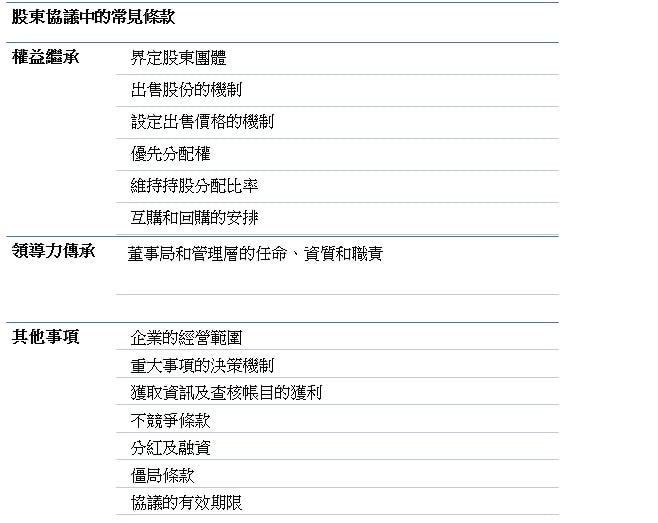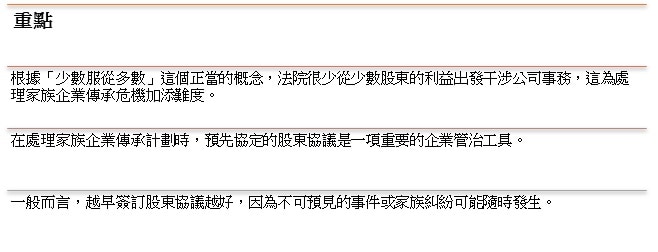Ice hockey, maple syrup, reindeers and the Northern Lights – One country has got them all. What may now resonate in your mind could well be a country in North America. That’s Right. To conclude our article series on pre-emigration tax planning, this fourth and final piece aims at the second largest country in the world by land area and the top emigration destination by Hong Kong people, Canada. What makes such frosty country as Canada where some regions may have snowy winters lasting for as long as 7 months in a year so attractive for migration? We say, on a comparative basis, Canada has a very welcoming immigration-inclined policy (to be discussed hereinbelow) as marked by the nation’s slogan “diversity is our strength”. This favourable policy and racial diversity are further evidenced by numbers. According to Canada’s official census in 2016, 21.9% of the Canadian population were or had been a landed immigrant or permanent resident in Canada. Statistics also show that in terms of Canada’s demographics, only 32.3% of Canadians consider their ethnic origin to be Canadian, whilst other major ethnic groups are English (18.3%), Scottish (13.9%), French (13.6%), Irish (13.4%), German (9.6%) and Chinese (5.1%). Such large immigrant population are without a doubt attributable to the “perks” of living in Canada, including its universal healthcare system, low crime rates, top-standard education, cultural openness, international food scene, a thriving tech start-up space and the list goes on. All these lend support to Canada being named by the US News and World Report top in the world for having the best quality of life. This article, in line with the previous ones in the series which can be found in the “News & Articles” section on OLN’s website, examines the immigration requirements on the target country, and in this case, Canada, and what can be done pre-arrival in terms of tax structuring to maximise tax benefits.
How to Become Canadian Citizenship
To apply for Canadian citizenship, one must have a permanent resident (PR) status in Canada. There are five main immigration program categories which provide the pathway to obtain the PR status. They include the Express Entry Category, Business Immigration, Family Class Immigration, Canadian Experience Class and Provincial Nominee Programs (PNGs). Each class caters to the qualification and needs of a certain class of immigrants. By way of example, a person may select the Express Entry Category if he is a skilled worker who is in demand by the local labour market, or Family Class Sponsorship if the person would like to migrate to Canada to live with his/her spouse for family reunification, or PNG for most cases if the person has received a job offer from a Canadian employer and is willing to live in a specified province, or Business Immigration if the person would like to establish an eligible new business or purchase and improve on a new business and invest and having a certain amount of net worth (for British Columbia, under the Entrepreneur Immigration stream, the applicant has to invest a minimum of CAD200,000 in the business, having a net worth of a minimum of CAD600,000 and satisfying other requirements). Apart from the above, student visas are also available as a method of immigration. The students holding such visas arrive in Canada on a temporary basis during their studies. Upon completion of that, they are typically entitled to apply for a permanent visa if they have acquired employment or are in a desired profession. As a PR, the person and his dependants will have the right to receive most social benefits Canadian citizens are entitled to receive, including health care coverage and the right to live, work or study anywhere in Canada etc. To apply for Canadian citizenship after obtaining the PR status, the permanent resident has to have lived and filed tax returns in Canada for at least three years during the five years before the date of application for Canadian citizenship, paid any income tax owed and provide proof of language proficiency in either English or French (Canada’s official language).
Effect of Bilateral Double Taxation Treaty between Hong Kong and Canada on Income Tax
Like the United Kingdom, Canada has a bilateral agreement with Hong Kong to prevent double taxation on residents of one or both jurisdictions (the “DTA”). Therefore, although Canada taxes its residents on their worldwide income, the presence of the DTA essentially means that a person with dual residency in both Canada and Hong Kong for income tax purposes may be exempted to pay tax to one of the governments under certain circumstances. Under the DTA, for instance, a resident of Canada or Hong Kong will only be subject to taxation in the other place on profits from a business carried on in such place to the extent such business profits are attributable to a permanent establishment in the other place. Further, for withholding tax on dividends, that will generally be limited to the maximum of 15%. As regards tax benefits to businesses, Canadian resident companies with Hong Kong subsidiaries may repatriate net active business earnings of a Hong Kong subsidiary without additional Canadian taxes.
Pre-migration Tax Planning
It is worth noting that Canada has relatively aggressive tax avoidance rules. Canada’s Excise Tax Act for example contains a general anti-avoidance rule (GAAR). Section 274(2) of the Act states that “the tax consequences will be determined as is reasonable in the circumstances in order to deny a tax benefit that, but for this section, would result, directly or indirectly, from that transaction or from a series of transactions that include that transaction”. To exacerbate matters, even if one technically complies with the Act, if it is not in the “spirit” of the legislation, the structure would still have to pay tax. Tax avoidance is made all more difficult in view of the fact that penalties and interests have been increased, limitation periods extended, advance rulings eliminated and time to resolve tax issues is much longer than before. As such, room for tax structuring is limited. Having said that, it is precisely for this reason a more cautiously and carefully planned tax framework should be implemented to avoid tax pitfalls and to fully take advantage of what is left in terms of Canadian tax benefits.
Trust
Foreign trusts, generally known as “Granny Trusts”, are common tools to defer and mitigate Canadian taxes. To qualify as an offshore Granny trust, there cannot be any Canadian resident contributor, or Canadian beneficiary and a contributor who is (i) a Canadian resident at the time, or (ii) has been a Canadian resident in the past five years, or (iii) will become a Canadian resident in the five years following the contribution, failing which, the trust will be deemed to be a resident of Canada and will be taxable in Canada on its worldwide income. Tax therefore can be avoided even if there is a Canadian beneficiary provided that there was and is no Canadian resident contributor. So, if a Hong Kong family relative contributes money to the trust and the trust later distributes income to Canadian relative, tax can be avoided.
Will
For Canadian estate tax, a Canadian will probating foreign assets would incur estate tax. As a result, prior to arrival to Canada, a Hong Kong will should be prepared to ensure no tax is payable to either government, as there is no estate tax in Hong Kong.
Pension
Under the DTA, pension paid to a resident of another place may only be taxed in the place in which they arise. Therefore income from Hong Kong pension plans is not taxed by the Canadian Government.
Capital Gains Tax
As to foreign properties and assets, individuals who become residents of Canada will only be liable to pay capital gains tax accrued after their arrival in Canada. Immediately before the person becomes a resident of Canada, the person will be deemed to have disposed of the foreign properties and have reacquired it at the fair market value. As such, the migrant will pay tax in Canada upon the actual disposition of his/ her house only on the gain earned after you became a resident of Canada. In this regard, it is best to adjust the value of the person’s foreign property on a “step up” or mark to market basis to minimise Canadian capital gains tax payable later.
Passive income
In terms of gift tax, no gift tax is payable in Canada if the transaction is carried out in an arm’s length. If it is not, tax is payable at fair market value. As such, any gifts should be properly considered and documented in advance.
Conclusion
In closing, despite the aggressive anti-tax avoidance policy of Canada, there is still room to maximise tax benefits for Hong Kong residents preparing to migrate to Canada. Before migration, therefore, the Hong Kong resident is advised to establish a carefully-planned sound tax framework to maximize Canadian tax efficiency.
OLN provides a range of tax advisory services in the migration context. If you have any questions on the above, please contact one of the members of our Tax Advisory Team.
Disclaimer: This article is for reference only. Nothing herein shall be construed as Canadian or Hong Kong legal advice or any legal advice for that matter to any person. Oldham, Li & Nie shall not be held liable for any loss and/or damage incurred by any person acting as a result of the materials contained in this article.
 香港中環雪厰街二號聖佐治大廈五樓503室
香港中環雪厰街二號聖佐治大廈五樓503室 +852 2868 0696
+852 2868 0696







.jpg)

